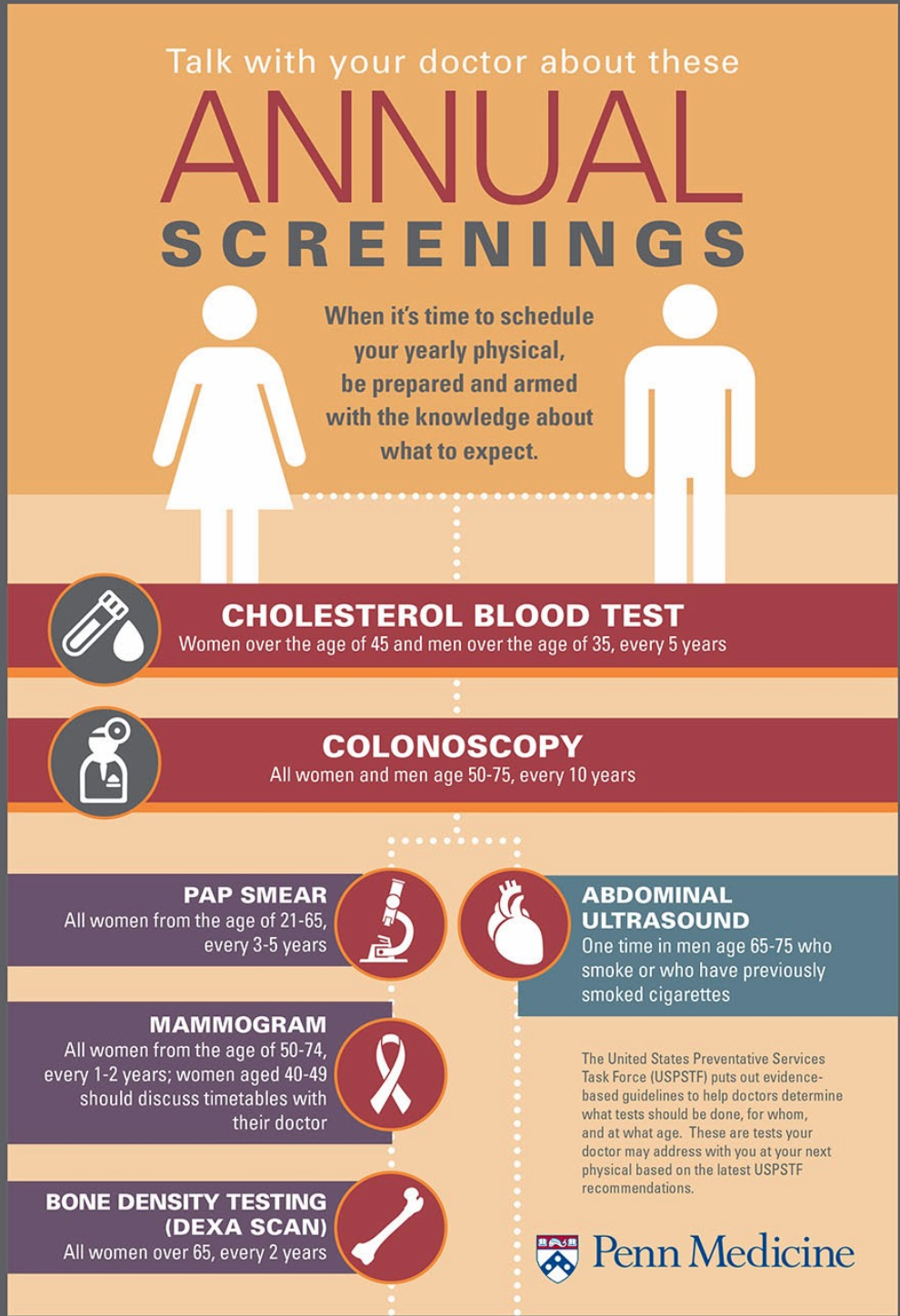
If you're a teacher or have met a teacher, you know that we get busy from September to June, which is why I usually take care of as many other appointments as I can during the summer. I was scheduled to have my yearly Ob-Gyn exam in June of 2020, but when the world went sideways, I missed it. Then life got busy again.
Finally, in July of 2022, I called to schedule my "yearly" screening. While the lab work revealed that I didn't have cervical cancer (yay!), the doctor found a large polyp during my actual physical exam (boo). "If you'd come in sooner," he told me in a non-judgemental voice, "this is something I could have removed during your exam without any problems, but since it's been several years, it has grown too big." Ugh.
Please don't worry about me. I had surgery at the end of August and am fine. I even got the bonus lab work of knowing that no cancers are growing in there. (Huzzah!)
But the episode reminded my of why medical professionals recommend yearly exams. Many of the problems that appear in our systems don't grow too fast. If we catch them quickly enough, we can take measures to evict them before they get too big. When we do that early, it's less of a burden on our bodies, our budgets, our time, and the health care system. Had I known about the growth and taken steps earlier, my doctor would have had more time to help someone else with a bigger problem. Or to deliver a baby. Or even to take a well earned break.
There are obvious lessons we can glean from my situation for other aspects of our lives, too.
- If we change the oil in our cars regularly, we're less likely to need new engines.
- If we maintain our lawns (if we have lawns, but why we shouldn't have lawns might become the story of another post), we keep ticks at bay and save our mowers/weed wackers.
- If we clean our houses early, we need less strength to scrub the mess.
What other aspects of our lives work better if we deal with them earlier? Please share ideas/suggestions in the comments.
This is such a great post, Carita! I get a yearly mammogram, and they found a large lump two years ago. I didn’t see it with my naked eye, but the imaging showcased it deep in the tissue. By grace, it was benign, but it could have become something worse had it not been detected and removed. I am so grateful that you, also, had good news at the end of your journey! All the best in light & love 🙂
Thanks, Beth. I’m delighted that yours, too, was benign. We’re lucky to have health care services and great doctors who can fix little problems before they become big ones! Plus, I like your sign-off: all the best in light and love to you, too!
The stereotype is that women are better at maintenance (in cleaning homes, in taking care of relationships, in many aspects of life) and men are slacker day to day but better at big gestures (larger home projects, bigger special occasions). I definitely try to be a maintainer/preventer. Thanks for the reminder.
And happy you got the lesson in a relatively minor way!
I hadn’t thought about this as a gendered post (except, of course, in what part of my anatomy needed medical care), but I get your point. I sometimes have to nudge (with love) the main man in my life to get his routine checks. (To give him a fair shake, he has had a series of doctors retire, not because of him, so finding a practicing physician has been hard for him.)
You are correct. “A stitch in time…” usually beats “It’s never too late to procrastinate,” especially concerning taking care of your health.
Managing the affairs of one’s life often requires making choices between now and when, here and there, and do or don’t . Good choices lead to competence, increased self-esteem, and other good choices. I don’t need spell out to your audience where bad choices lead.
Thanks for another insightful essay.
I like thinking of those pairs. Thank you!
I like to get my taxes done early so I can sleep better. Dealing with conflict early stops me from ruminating. Probably the best example of early intervention is eating dessert first. Deferred gratification can be stressful.
Hahaha great example of a novel stress-reduction technique!
love,
V
I like the way you’re thinking!
What Viveca said.
Thanks. I knew you’d understand.
P